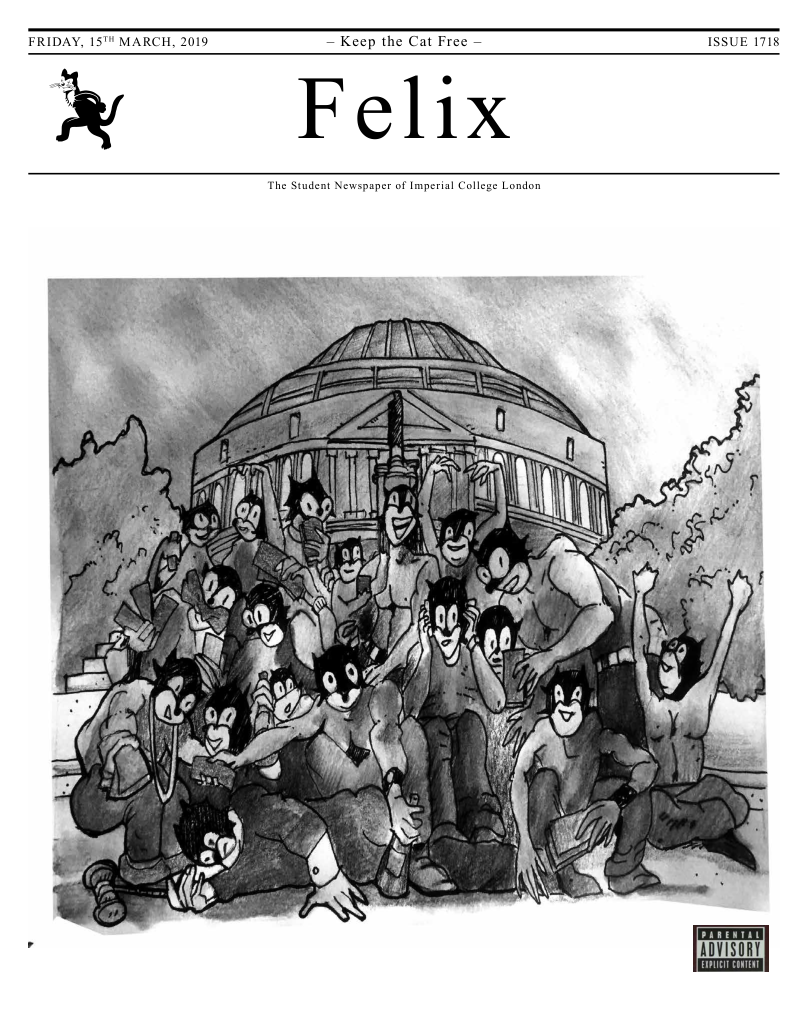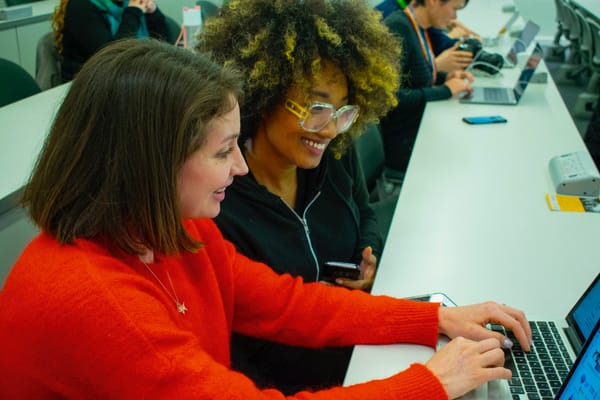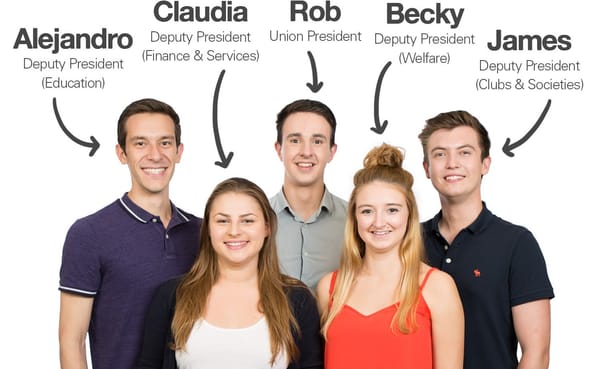Imperial celebrates women's entrepreneurship at WE Innovate final
Lauren Dennis, 2016 WE Innovate finalist who sadly passed away in October 2018 following a battle with bowel cancer, also had a £5000 prize awarded in her name

Thursday 7th March saw five entrepreneurs compete for a share of a £30,000 prize fund in the final of Imperial Enterprise Lab's WE Innovate women's entrepreneurship programme.
The evening began with brief addresses from Liz Choonara, Head of Programmes & Community at the Imperial Enterprise Lab, and Professor Maggie Dallman, Vice President (International) and Associate Provost (Academic Partnerships), who said: "It is wonderful to see this community of female student entrepreneurs grow".
Following these, the five finalists took to the stage to pitch their proposals to the expert panel of judges, including Kate Bingham, Managing Partner at SV Life Sciences, Sir Patrick Vallance, Government Chief Scientific Advisor, Sandra Eager, Ventures Principal at BP Venutres, and Priya Guha, Venture Partner at Merian Ventures.
Suchaya Mahuttanatan, an undergraduate Biomedical Sciences student, won the top prize of £15,000 for her invention, Cadget.
Cadget, a "pioneering" new kind of orthopaedic cast that is breathable, washable and easy to apply, could "revolutionise the bone healing experience". Unlike traditional orthopaedic casts, which are usually made from plaster or fibreglass and tend to be bulky, uncomfortable and must be kept dry, Cadget is made using a specially engineered material that can be activated to turn from flexible to permanently stiff in minuted. Clinicians would simply mould the material around the injured limb and wait for it to harden, meaning it could be individually moulded to each patient before it stiffens, making for a more comfortable experience. Suchaya is currently developing her prototype and has already lined up five hospitals in Thailand in which to pilot Cadget.
Numerous additional prizes were also awarded during the final, including, for the first time, an audience prize. Those in attendance were asked to vote for the winer of the £5000 Lauren Dennis Award. This prize was awarded to Changavy Kajamuhan, whose team is developing Tommy, a non-invasive wearable device which uses machine learning software to accurately determine glucose levels in people with type 1 diabetes.










